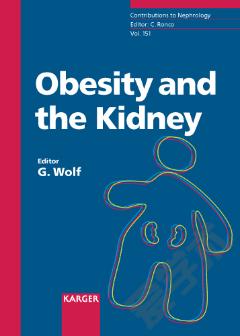Lipids and the Kidney
During the past decade, experimental and clinical studies have suggested that dyslipidemia may be an important risk factor for the progression of renal disease. This volume explores in great detail recent advances in our understanding of the pathogenesis and treatment of this common complication of progressive renal injury. In the experimental investigations presented, emphasis is placed on specific disturbances of lipids that are seen in progressive renal disease including the effects of oxidatively modified lipoproteins and Lp(a) on various functions of the glomerular cells. Clinical studies have identified dyslipidemia as a risk factor for progressive renal disease in diabetes mellitus, various non-diabetic renal diseases, and most recently in patients with progressive renal allograft loss. An emerging interest in the genetics of dyslipidemia has recently arisen and this topic as it specifically relates to progressive renal disease is discussed. The final section of the book offers new insights into the mechanisms of action of antilipemic therapy used in the treatment of dyslipidemia. This volume should be read by all nephrologists caring for patients with progressive renal disease and by physicians interested in the biology of lipids, diabetes and essential hypertension.
{{comment.content}}








 京公网安备 11010802027623号
京公网安备 11010802027623号